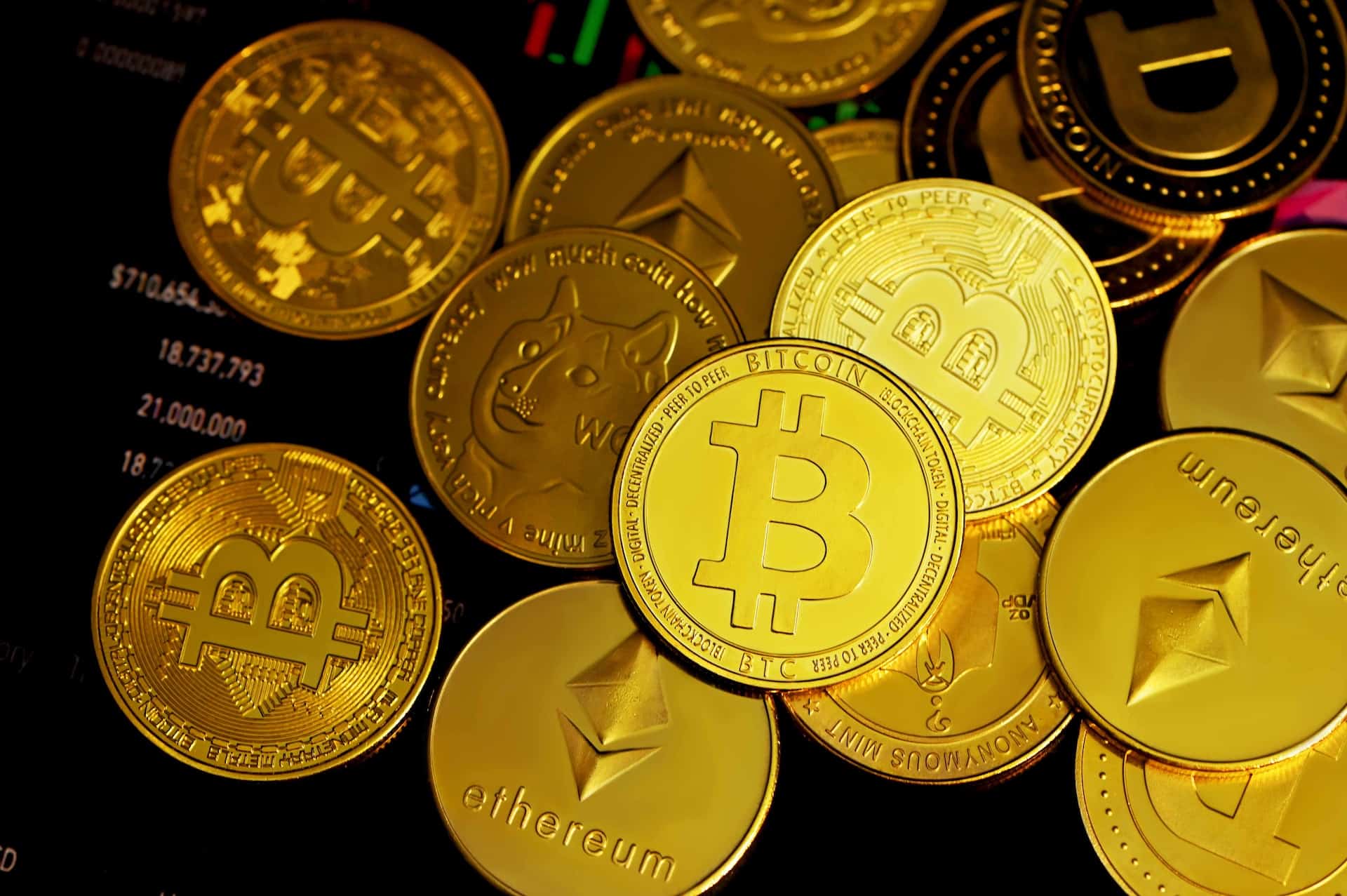The market of digital assets is expanding, welcoming emerging promising cryptos created for different use cases. That may be investments, trading, governance, utility, etc. All digital funds are categorized as “coins” and “tokens”, and they are frequently interchanged, albeit each possessing unique connotations and attributes. Our aim in this article is to delve into the intricacies of these digital assets, providing elucidating examples along the way.
Difference Between Coin and Token
Coins are inherent assets that function on their self-contained network. Their primary purpose is often twofold: serving for exchange and repository of worth within their designated networks. Notably, coins boast autonomous blockchains and infrastructure, distinguishing them from those built upon pre-existing blockchain platforms. Prominent illustrations of coins encompass Bitcoin and Ripple (XRP).
Tokens, however, encompass virtual commodities or functionalities that derive their existence from prevailing blockchain frameworks. They hinge upon the foundational infrastructure and smart contract prowess inherent in the blockchain. Generally, tokens materialize with the intent to fulfill certain objectives, be it facilitating entry into a dApp or symbolizing rightful possession of tangible assets. Tokens may either exhibit fungibility, thereby enabling interchangeability with other tokens, or showcase non-fungibility, rendering them distinctive and indivisible entities. Examples of tokens in cryptocurrency:
- ERC-20 tokens (such as Binance Coin (BNB), Chainlink (LINK), and WhiteBIT token (WBT))
- ERC-721 tokens (like CryptoKitties)
- and ERC-1155 tokens.
WhiteBIT token is released by the WhiteBIT platform and used for lowering fees, additional earning options, bonuses in referral programs, and free AML checks. The WBT crypto price is $4.64 (May 2023).
Some Facts About Coins and Tokens
Facts:
- Coins and tokens vary in their infrastructure and goals.
- Coins are generally used as a store of value; tokens are applied for various operations within applications or represent ownership.
- Coins are often more secure due to their independent networks, whereas tokens depend on the safety of the blockchain they are based on.
The crypto space is rapidly evolving, and new terms and concepts may emerge over time. Always stay updated with the latest developments and research when dealing with cryptos. To receive the latest news from the crypto industry and educate yourself, learn trading methods, and master new skills, read the WhiteBIT blog. To learn to trade, try the WhoteBIT demo account.

